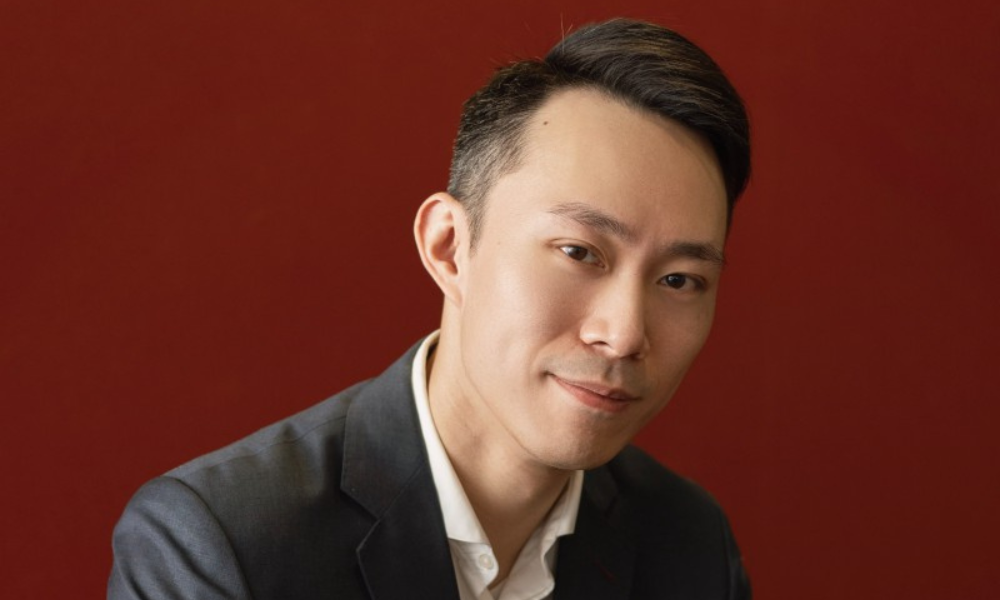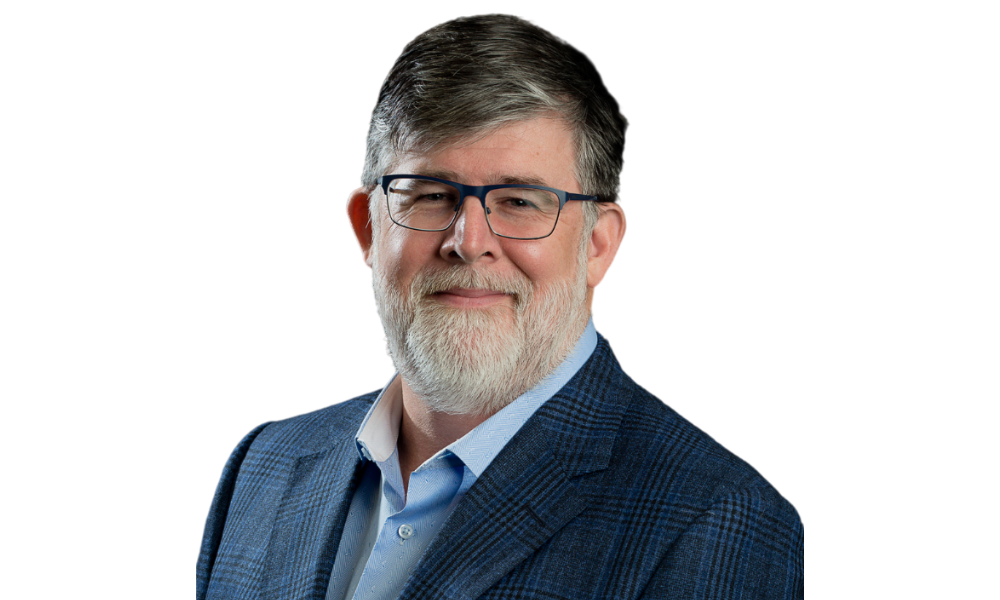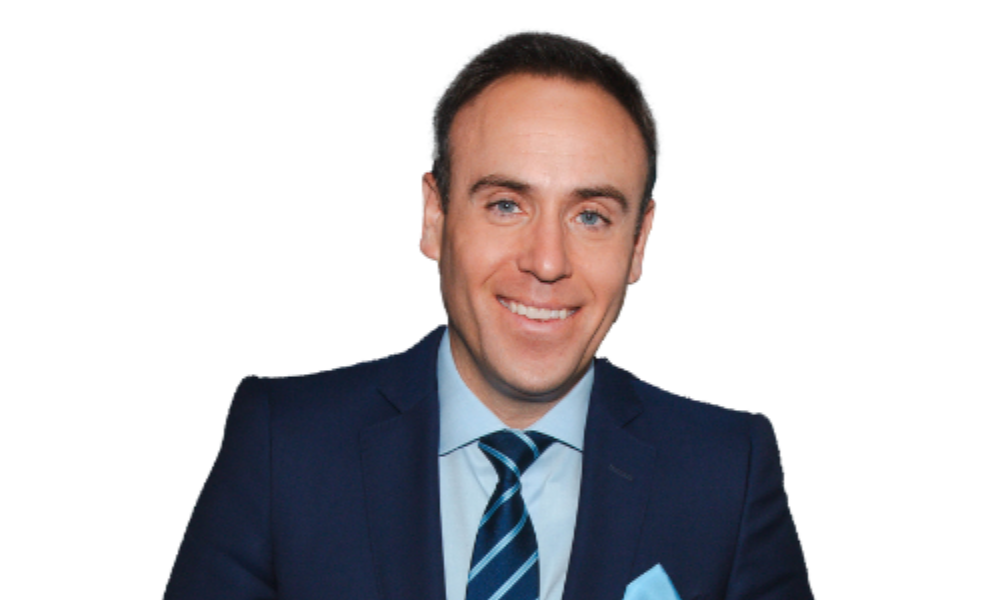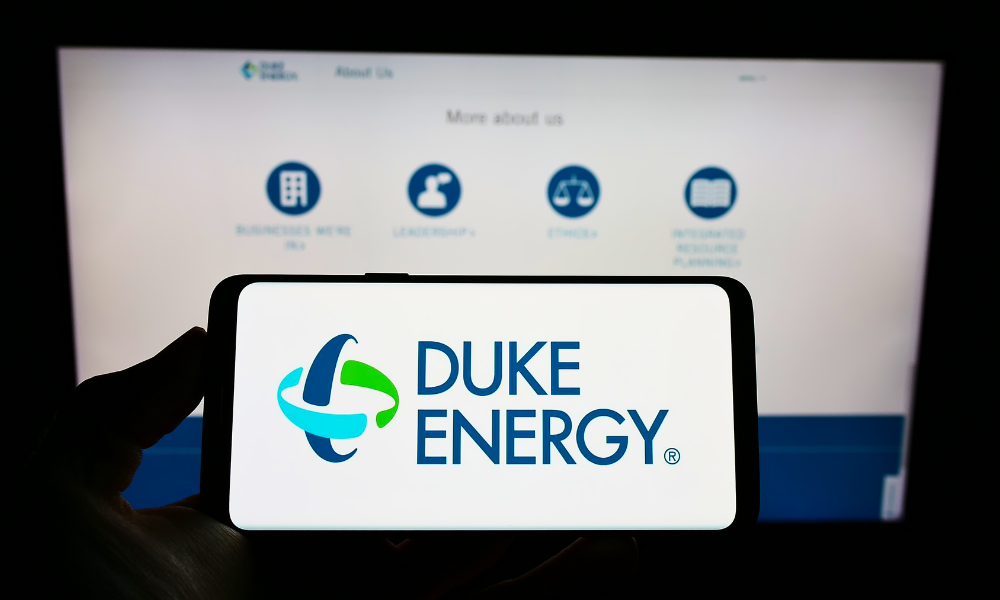Ryan Lee, a certified financial planner, explains how he builds trust in the digital era

The B.C. Securities Commission (BCSC) recently joined forces with regulators from around the world to crack down on unlicensed “influencers” putting out social media advice to millions, selling financial products and services. It formed part of what was billed the “Global Week of Action Against Unlawful Finfluencers.”
Many of these so-called "finfluencers," the BCSC notes, lack any formal financial credentials or education. However, they continue to attract followers by showcasing exaggerated lifestyles and promising unrealistic returns.
Tyler Bossetti, a U.S. influencer with close to a million followers on Instagram, is the most recent example, pleading guilty to running a real-estate Ponzi scheme.
According to NBC, he's accused of fraudulently taking US$11 million from investors in the U.S. and abroad, funding lavish lifestyle through a “real estate investment scheme”. Bossetti promised investors a 30 per cent return on a short investment. His past videos consisted of him discussing investments, particularly crypto and real estate.
The case underscores a growing concern about how the public can distinguish between credible advice from legitimate advisors and misleading hype.
It’s no secret that social media is important for advisors not only to find clients but also to grow their brands and businesses. A study last year by Broadridge Solutions on financial advisor marketing trends found that social media continued to be an important business tool, with four in 10 advisors sharing that social media connections and networks help them gain new clients.
So how can certified professionals differentiate themselves from noise? For Ryan Lee, of Twain Financial, a certified financial planner based in Richmond, Vancouver, the answer lies in transparency and credibility.
Over the past six months, Lee says that 200 of his clients discovered him through his YouTube and other social channels. His YouTube channel currently has 24,000 subscribers, with some of his most popular videos receiving 36,000 views. His content ranges from the basics of how investments work to tax-saving strategies.
“I’m just here to provide better education for Canadians,” he says.
Lee says he hasn’t been immune to the finfluencer craze with his own clients. While he sees the most influence on younger clients, even adults and retirees aren’t exempt.
A lot of the sentiment and advice he comes across is around “DIY investing”. “The most common one I hear is about low fees, because they're always focusing on, ‘oh, like you should do, maybe index funds or ETFs’,” he says.
“A lot of times the content itself [from the influencer] is going to be oversimplified. They need to make it easier to understand, easier to approach and that's when things can go wrong, because maybe there's some misinformation, or maybe they oversimplify things, or they make things feel like it's less risky than it should be,”.
He differentiates himself by focusing solely on sharing educational content. “I am very careful with what are the things that I'm promoting, and that's also one of the reasons why I haven't taken on any sponsorships, despite a lot of platforms reaching out,” Lee says.
Another thing he avoids is selling, either himself or his services. “For me, my focus is to make sure that people understand things in an accurate manner, but that you should still consult with a financial planner if you actually want to make a decision,” Lee says.
In every video, he encourages viewers to find professional advice even if it’s not from him. “I say you don't have to find me, but you [should] at least find someone in your area, and make sure you speak to them,” he adds.
That approach resonates with many who reach out to say they appreciate that he's not trying to sell information but instead informing the public.
“They're all very used to content online trying to sell them something, or they're trying to promote their own course on personal finances or promote them to use a certain platform. And these are the things I don't do on my videos.”
Lee’s broader advice to financial advisors, especially in this age of influencers, is to get certified and make it known.
“Clients are a lot smarter now. Even though they're looking for information online, they also know how to check if you're certified or not,” he says.
Social media, Lee emphasizes, is an important and powerful communication tool for advisors.
“It helps potential clients get to know who you are and allows you to showcase your professionalism, and build credibility and trust before you even speak to them”



